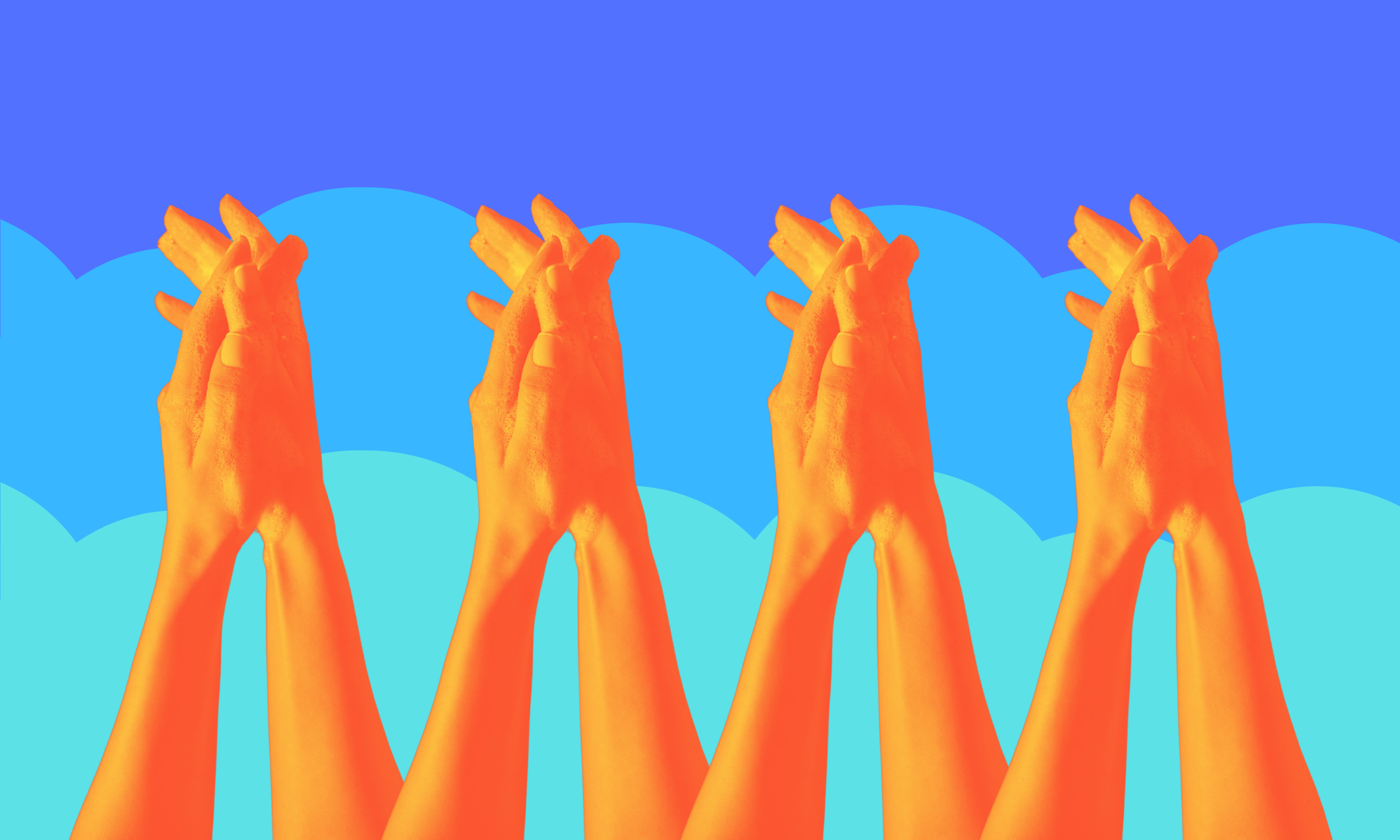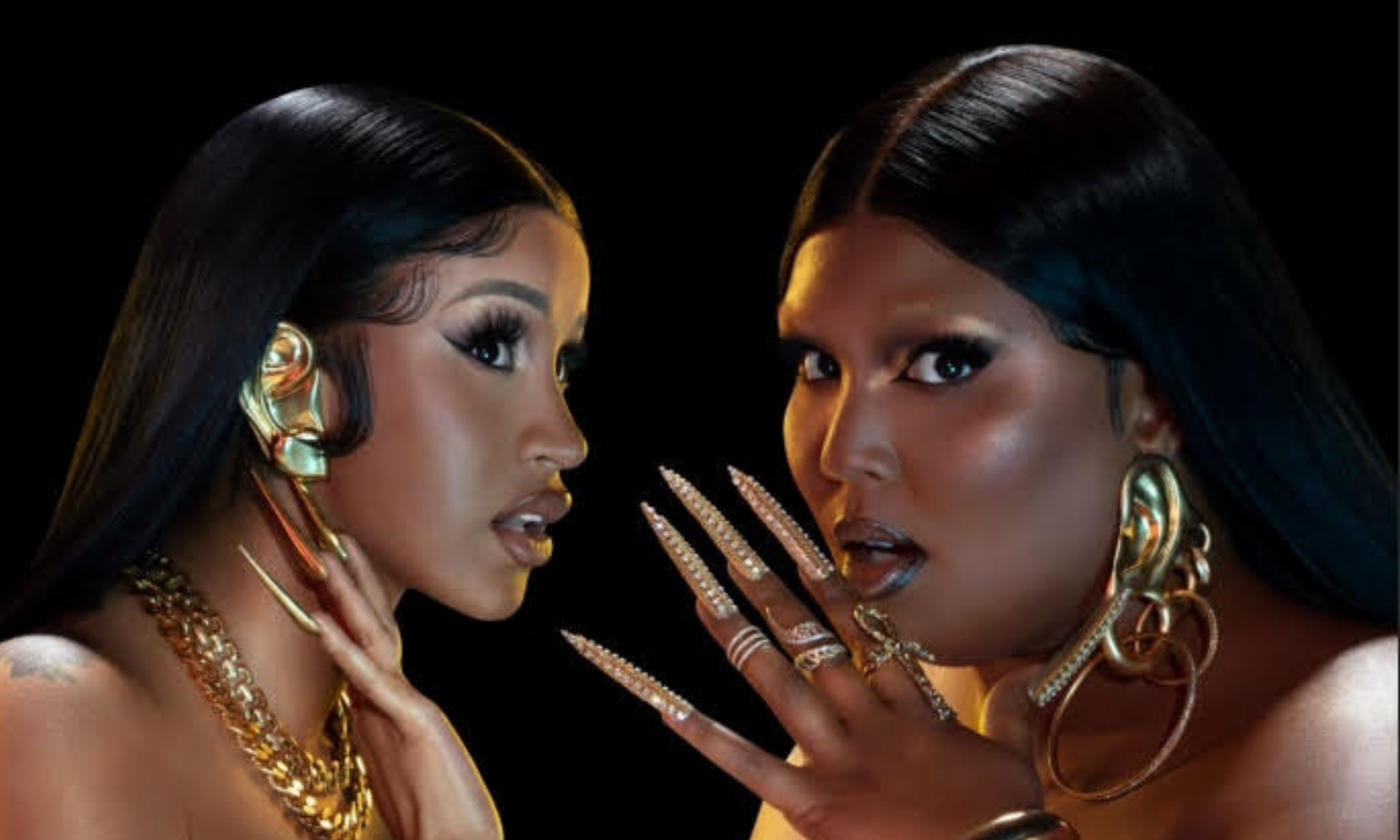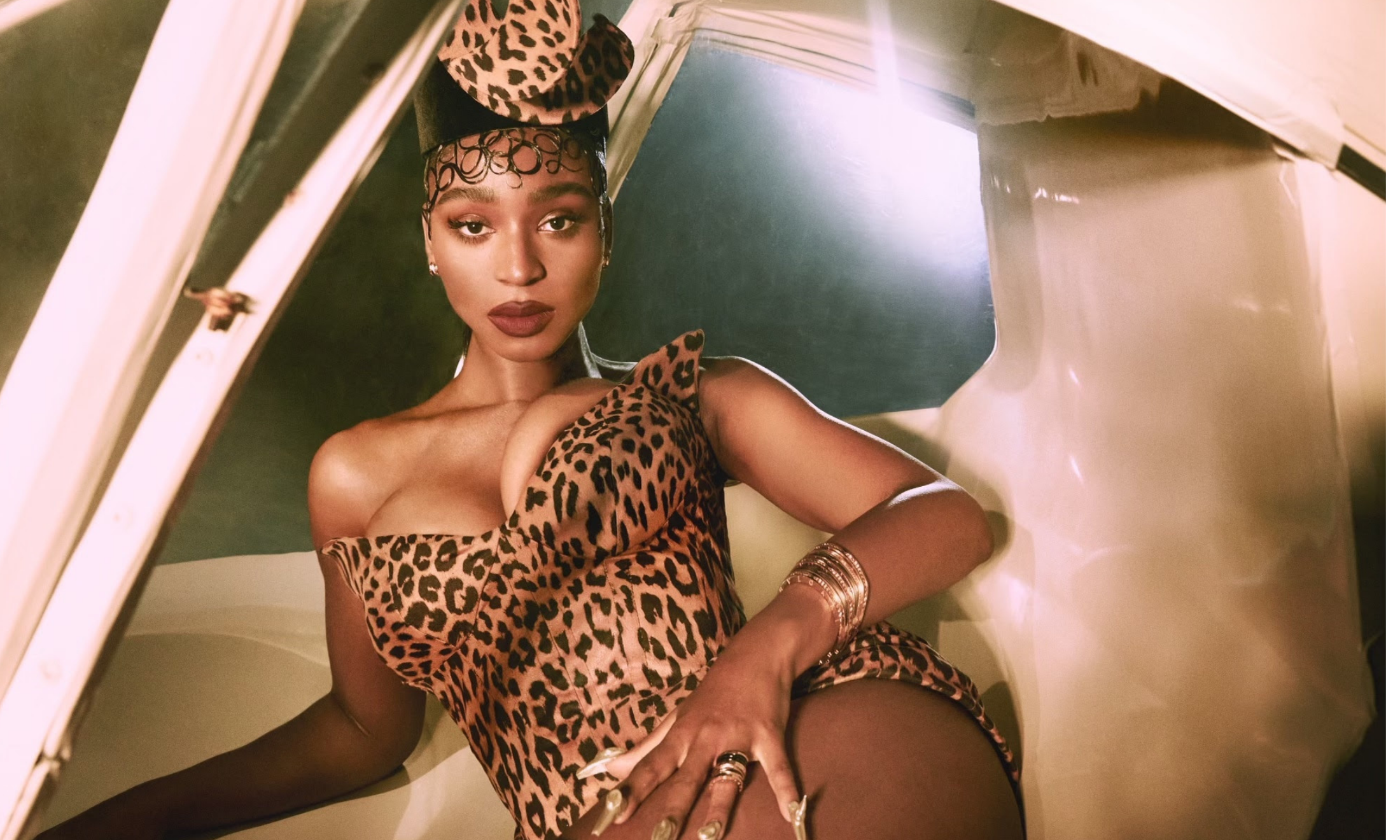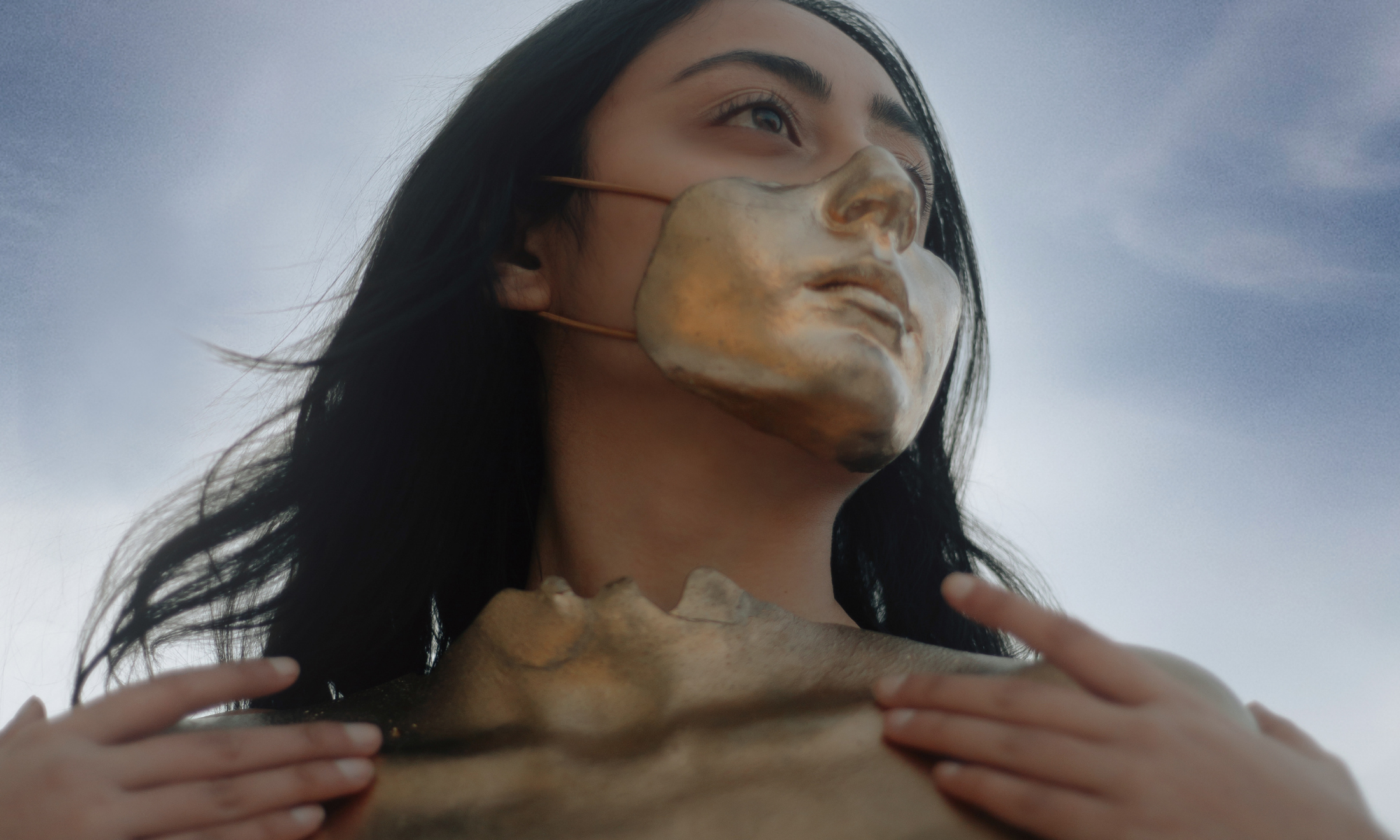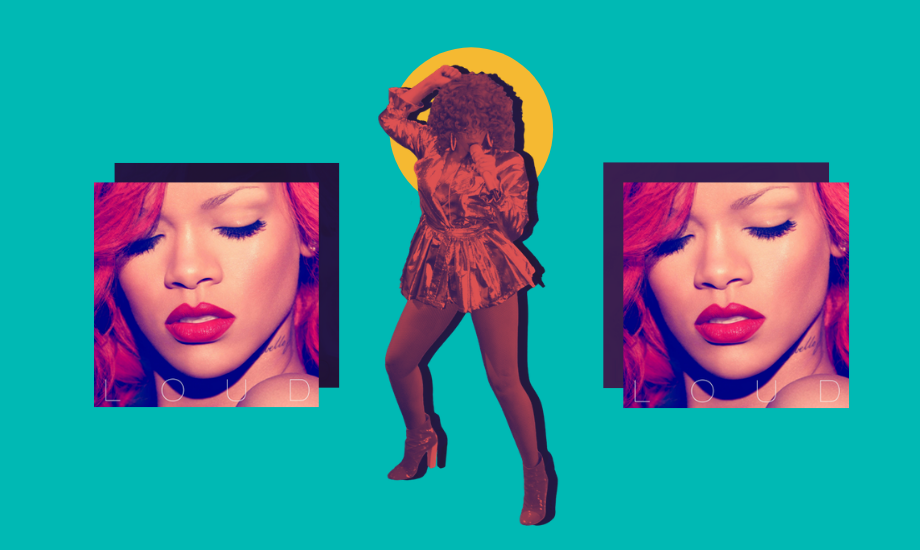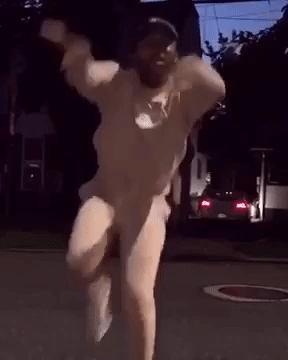
The nation’s sweetheart, the caption king, and meme monarch – Drake has delivered again with a new album Scorpion which he dropped late June, 2018. But with it, the Champagne Papi has gifted us with probably the meme as well as the dance of the summer: “KIKI, DO YOU LOVE ME, ARE YOU RIDING…”, are the haunting words and now dance challenge (courtesy of Shiggy) of an alarm clock you can’t seem to put on snooze.
Scorpion is the first album to hit one billion streams in a week, but with an overwhelming 25 tracks and it outliving a 30-minute bus journey, the album can become a forgettable piece. Despite this, the bombardment of memes on social media, ‘In my Feelings’ has become an unforgettable song racking up over 100 million streams, one of Drake’s most streamed songs on the album.
no love from keke or @iamcardib pic.twitter.com/cqHswsdec4
— 𝕛𝕖𝕤𝕙𝕦𝕨𝕒𝕙 (@donnyseth) July 14, 2018
This new culture is starting to govern what is trending in music and how it’s being produced and sold. Are memes the new gatekeepers of music?
Memes reveal an entire story and can hold a whole conversation without actual words. Over time, they have become a new form of communication among our generation. They exist beyond to mainstream media and culture and have even birthed musical stars. In August 2014, Young Thug’s feature on ‘Lifestyle’ by Rich Gang. It brought an avalanche of memes in reaction to his unintelligible verse, mocking his mumbled style of rap. Later that year, Young Thug was signed to 300 Entertainment and has been referred to as the “most exciting new voice of hip-hop”. In the same way, the ‘raindrop, drop top’ memes on Twitter generated over 107,000 likes in a week and helped Migos secure their first number one single for ‘Bad and Boujee’. The online movement has also resurrected buried classics like the hilarious memes of Terry Crews and a notorious piano intro gave life back to Vanessa Carlton’s ‘A Thousand Miles’.
“[Memes have] made it harder for me to build a foundation for my career that I take seriously”
However, memes can often be counterproductive and become more of a setback for artists who have fallen victim to the culture. Rapper, Devz (Mr. Who, What, Where) known for his Blackbox freestyle, stated in an email: “It was an achievement to see people appreciate my work and @ me in their Snapchat videos with my music being played in the background while at club events… [But] It has made it harder for me to build a foundation for my career that I take seriously”.
"Like who what what what where na but who who where like where where where how did we get right there like na na na" pic.twitter.com/EJGzWAswAr
— N (@nahyaab) November 13, 2016
The expanding movement of meme culture is rapidly weaving into mainstream culture. Record labels use it as a marketing tool. Introducing a new form of PR where labels like Interscope (home to Kendrick Lamar, Dr Dre, and Drake) pay online users to create memes for their clients and spread them across numerous accounts.
Record labels disguised as ordinary online users and manipulating the meme culture is all too shady for me. It ruins the authenticity of the meme culture commercialising it to another marketing system and discredits memes as a trusted voice of music.
“Drake strategically creates with the intention to break the internet, feeding into the meme culture”
We can’t prove whether this has been done for Drake, but he has mastered meme culture. He utilises his ability to create memes through his music for free promotion. From his dad dancing in ‘Hotline Bling’ to his Degrassi music video for ‘I’m Upset’ and stand out one-liners, “I only love my bed and my mama I’m sorry”. Drake strategically creates with the intention to break the internet, feeding into the meme culture. He hands over golden content on a silver platter to online users and listeners to create their own memes. Establishing an exclusive relationship of “I give, you give” with online users. His aim does not seem to purely lie in wealth and profit, but to be immersed with this generation and the culture. This is what differentiates him from record label marketing. Drake is meme culture. It belongs to him as much as it does to us and his engagement with the online community is why he is able to go viral every time.
I finally caught it #KimExposedTaylorParty pic.twitter.com/yxm5mEDofs
— Internet Palace (@InternetPalace) July 18, 2016
Unlike Drake, pop princess Taylor Swift has been less successful with meme culture. Her reign was short-lived when she became the target of snake memes after she was outed by Kim Kardashian for privately approving of Kanye West’s song ‘Famous’, yet publicly claiming it was character assassination. This left Swift with a wounded brand and a collapsing fanbase, forsaken to creep into the shadows. However, she quickly healed and leveraged the incident to make her grand return to the music scene. The star returned with cryptic snake posts on social media proclaiming the release of a new album – ‘Reputation’. But, this attempt of shaking the table proved to be a fail with nearly half a dip in album sales compared to her previous project, 1989.
Memes have become a trusted source to discover trending music and meme-worthy music can be viewed as more legitimate and has created a sense of reliability. But only when those who create these memes are people who resemble us, and not marketing ploys of the music industry. The power is rightfully placed into our own hands or those like us. But when the industry manipulates the culture for their purposes of profit and capitalism, the meme movement disintegrates.

